
The increase in stool-based CRC testing is a logical trend, Hendrick said in an interview, given the convenience plus the 2 million younger adults now eligible for screening.

The increase in stool-based CRC testing is a logical trend, Hendrick said in an interview, given the convenience plus the 2 million younger adults now eligible for screening.

An interview with Jeff Andrews, MD, FRCSC, of BD Life Sciences.

An interview with Jeff Andrews, MD, FRCSC, of BD Life Sciences.
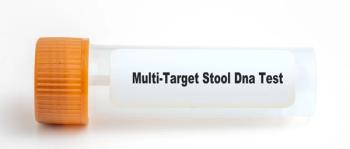
DDW 2025. Follow-up colonoscopy after a positive stool-based test was superior among adults aged 45-49 and across diverse populations whose original test was mt-sDNA.

An interview with Jeff Andrews, MD, FRCSC, of BD Life Sciences.

The AI program also correctly identified 90% of true positive cases, according to new data presented at the Society for Breast Imaging's annual symposium.

While smoking in the US continues to decline, the American Cancer Society reports mixed progress in major cancer risk factors, prevention, and screening.

GRAIL announced plans to present new support for the Galleri test's ability to simultaneously screen for multiple cancers plus its accuracy for cancer signal of origin prediction.

An interview with Jeff Andrews, MD, FRCSC, of BD Life Sciences

ACP 2025: Dr Kalager shares strategies for addressing patient beliefs, presenting risk data, and promoting shared decision-making in primary care settings.

The increase in pancreatic cancer among Americans aged 15 to 34 is particularly alarming and should alert clinicians to heed relevant GI symptoms as suspicious.

The phone-based patient navigation intervention addressed barriers to CRC testing follow-up and included patient education.
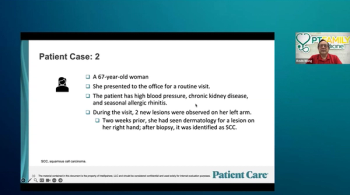
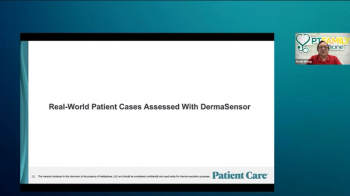
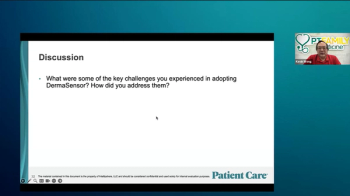
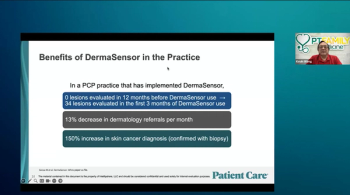
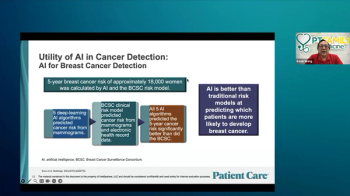
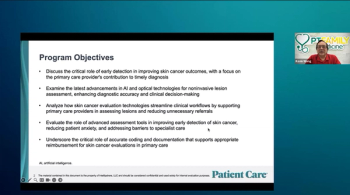
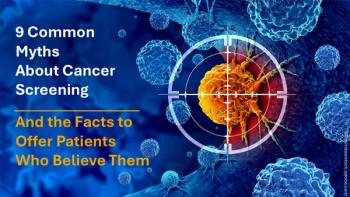
Myths and fears about cancer screening may be keeping some of your patients from important tests. Always ask about misconceptions, and then offer the facts.
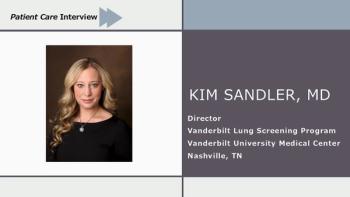
ACP 2025: Lung cancer is rising among nonsmokers, especially women. Kim Sandler, MD, discusses future screening challenges, research insights, and the need to expand screening eligibility.

Your daily dose of the clinical news you may have missed.

ACP 2025: Kim Sandler, MD, outlines key strategies to boost lung cancer screening uptake in primary care.

ACP 2025: Kim Sandler, MD, explains how primary care physicians can use shared decision-making to guide patients through lung cancer screening, emphasizing risk, benefit, follow-up, and smoking cessation.

ACP 2025: Kim Sandler, MD, sat down with Patient Care to discuss the benefits of lung cancer screening, citing a 20% reduction in lung cancer mortality with annual screenings.

ACP 2025: Kim Sandler, MD, discussed the latest screening guidelines, real-world challenges in implementation, and the essential role of shared decision-making.